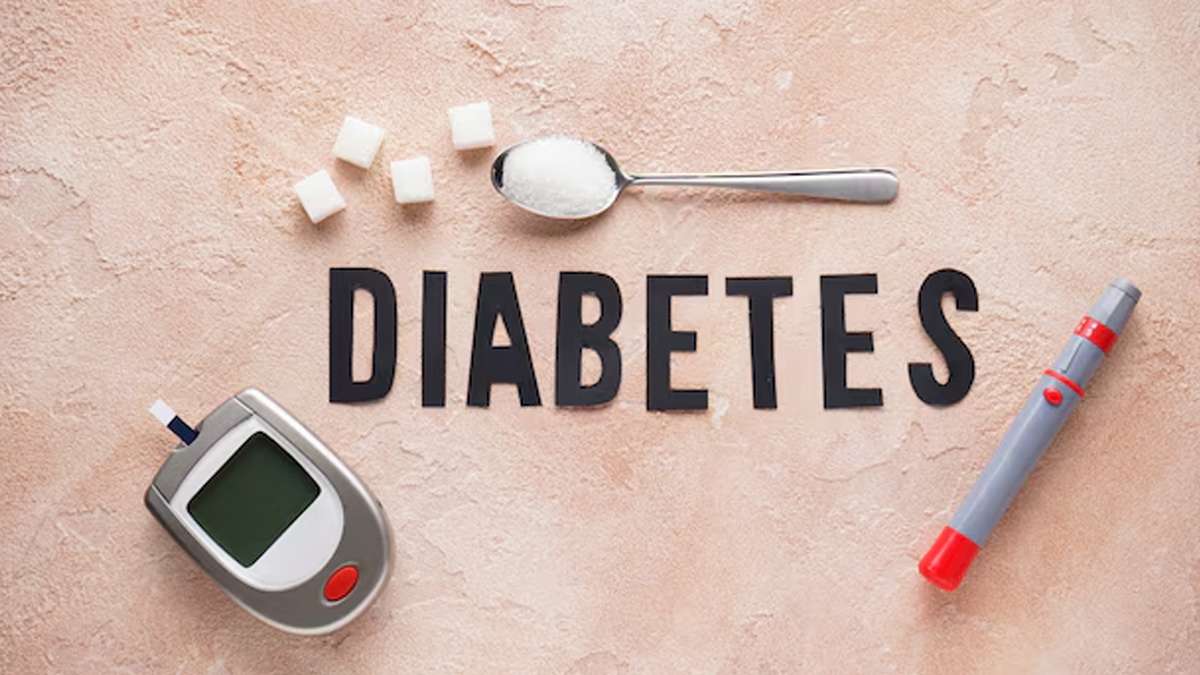
Polycystic Ovary Syndrome (PCOS) is commonly perceived in the context of irregular periods, acne, hirsutism, or infertility. But there is a less recognised and serious issue associated with the hormonal disorder — the increased risk of Cardiovascular Disease (CVD). It’s not just about reproductive health; PCOS can impact a woman’s heart, blood vessels, and overall metabolic profile in ways that are easy to miss until it's too late.
Table of Content:-
What is PCOS?

According to the Journal of Clinical Medicine, Polycystic Ovary Syndrome (PCOS), which is also referred to as hyperandrogenic anovulation (HA) or Stein–Leventhal syndrome, is a chronic and diverse condition. It presents with symptoms, such as menstrual irregularities, infertility, hirsutism, acne, and obesity. This disorder is characterised by the presence of at least one ovary exhibiting an ovarian volume exceeding 10 mL and at least one ovary containing around ten small cysts, measuring between 2 and 9 mm in diameter.
However, PCOS isn’t just about the ovaries. It is an all-body condition, particularly the way it responds to insulin and stores fat, both of which are highly correlated to cardiovascular health.
The Hidden Link Between PCOS and Heart Disease
Multiple studies have found that women with PCOS are more prone to certain conditions that significantly raise the risk of cardiovascular disease:
1. Insulin Resistance and Type 2 Diabetes

One of the defining characteristics of PCOS is Insulin Resistance (IR). This refers to the body's failure to effectively utilise insulin, resulting in elevated levels of blood sugar. Eventually, this may lead to type 2 diabetes, a recognised risk factor for heart disease.
According to a 2023 study, IR and Compensatory Hyperinsulinaemia (HI) occur in 65-95% of women with PCOS, affecting a significant proportion of overweight and obese women, as well as over half of those who maintain a normal weight.
2. High Blood Pressure
Studies indicate that women with PCOS are at higher risk of developing high blood pressure, even at a young age. According to a study published in the PMC journal, PCOS patients were 40% more likely to have elevated blood pressure than non-PCOS patients, regardless of age, BMI, diabetes, or dyslipidemia.
Elevated blood pressure puts strain on the heart and blood vessels, increasing the risk of stroke, heart attack, and other cardiovascular events.
Also Read: Are There Any Early Warning Symptoms Of PCOS Women Can Watch Out For? Gynaec Shares
3. Unhealthy Cholesterol Levels
Women with PCOS tend to have higher levels of LDL (bad cholesterol) and triglycerides, and lower levels of HDL (good cholesterol). This unhealthy lipid profile contributes to the build-up of plaque in the arteries, which can lead to atherosclerosis (narrowing of the arteries).
4. Chronic Inflammation
Low-grade chronic inflammation is prevalent in women with PCOS. Chronic inflammation ends up destroying blood vessels in the long run, providing an avenue for the emergence of heart disease.
What Research Says
PCOS patients have a higher risk of cardiovascular disease, which relates to metabolic impairment due to their distinctive hormonal profile. This profile includes hyperandrogenism, insulin resistance, dyslipidemia, and an inflammatory state, as per the International Journal of Endocrinology and Metabolism.
According to a study published in the BMC journal, women with PCOS are at a higher risk of CVD, including stroke.
In a 2024 study, PCOS women between the ages of 10 and 54 were found to have significantly higher rates of cardiovascular disease than either their younger or older counterparts, suggesting that this age group is at higher risk of complications due to PCOS.
Also Read: Ozempic For PCOS: What A Doctor Wants You To Know About Its Effectiveness
Does Weight Matter?
Although obesity may increase the risks of PCOS, it is a myth that only obese women are at risk. Even thin women with PCOS can have insulin resistance, lipid abnormalities, or hypertension. It is therefore all the more necessary to track cardiovascular markers irrespective of size.
What Can You Do?
- Diet & Lifestyle: A balanced diet, regular exercise, and managing stress can enhance insulin sensitivity and heart health.
- Medication: Based on your condition, physicians may prescribe medication, such as insulin-sensitising drugs like metformin or cholesterol-lowering drugs.
- Regular Monitoring: Don't miss annual health tests. Prevention is much simpler (and less expensive) than treatment.
[Disclaimer: This article contains information for informational purposes only. Hence, we advise you to consult your professional if you are dealing with any health issue to avoid complications.]
Also watch this video
How we keep this article up to date:
We work with experts and keep a close eye on the latest in health and wellness. Whenever there is a new research or helpful information, we update our articles with accurate and useful advice.
Current Version